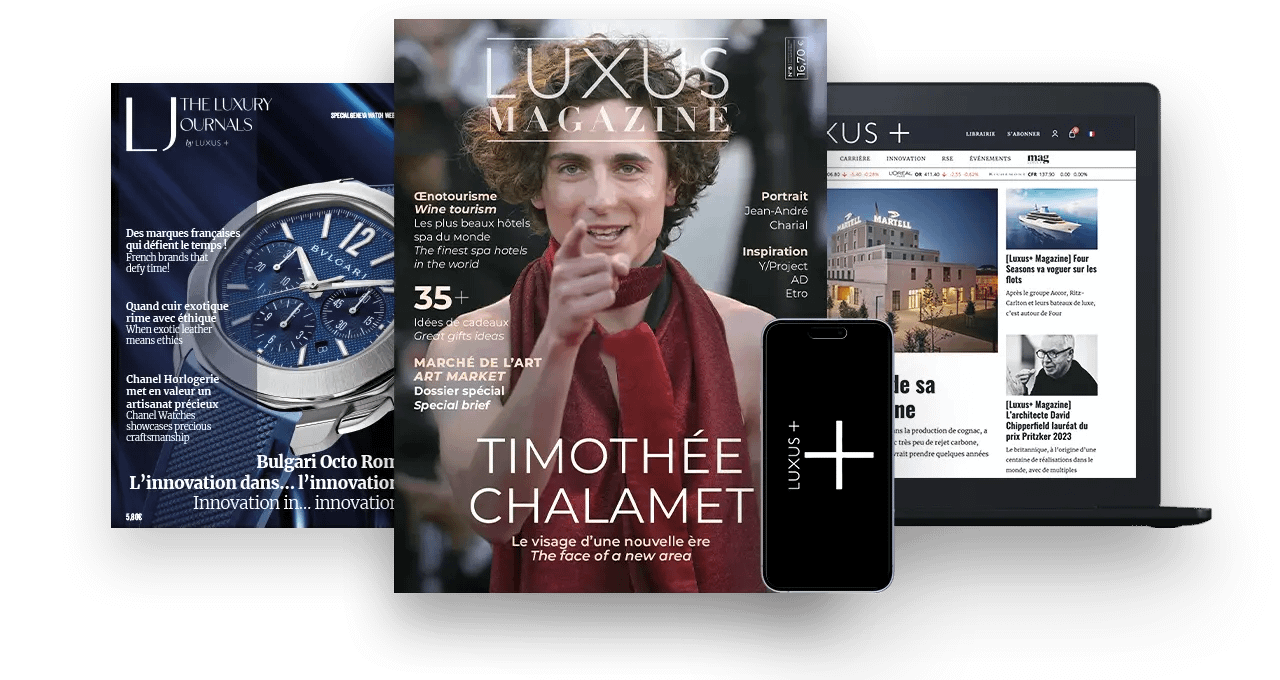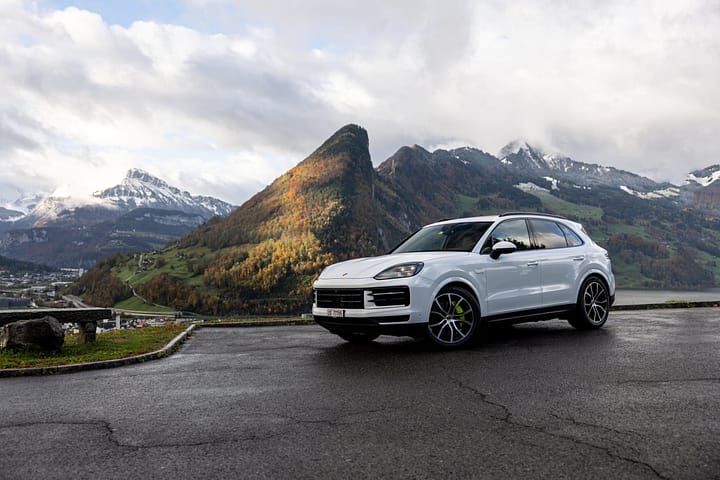In the luxury and fashion industry, generative AI is an enticing proposition. It offers cost reduction while aiming to preserve the very essence of luxury rooted in human craftsmanship, exclusivity, and creativity. In 2023, it is emerging as a transformative force that captures the interest of executives. However, a question arises: how to harness this technology without compromising the authenticity of luxury?
The leaders in the fashion industry find themselves at a crossroads. On one hand, the allure of generative AI technology presents a tempting opportunity to cut costs, a crucial consideration as recessionary pressures impose additional constraints on budgets. On the other hand, the essence of luxury lies in craftsmanship, exclusivity, and human creativity—elements that no technology can fully replicate. The challenge, therefore, lies in the ability to leverage AI to create value without sacrificing this essence.
Generative AI, or Gen AI, refers to algorithms pretrained on vast volumes of data such as text, images, and code, often fine-tuned with additional proprietary data, capable of generating new and complex content. It experienced a decisive year in 2023 with the introduction of powerful new tools to the market. In January, two months after its launch, ChatGPT reached approximately 100 million users, a record growth rate at the time. Since then, several platforms and tools have emerged in the market, and many startups are also seeking to harness the power of AI.
The use of this technology is still in its early stages in many industries, but it is accelerating. If its trajectory continues, it could be one of the most transformative forces for the fashion industry in a long time.
It is not surprising, therefore, that Gen AI is on the radar of industry leaders. The BoF-McKinsey survey on the state of fashion in 2024 among global industry leaders revealed that 73% of respondents believe Gen AI will be a significant priority for their companies in 2024. However, while many companies are experimenting with this technology, only 28% have reported trying it for product design and development, indicating that fashion companies have not yet fully incorporated it into the creative process.
Technology has more practical applications than the metaverse, making it more attractive to businesses and investors. Equity funding for Gen AI-focused startups exploded in 2023, reaching $14.1 billion in the first half of the year alone, compared to $3.5 billion in 2021 and $2.5 billion in 2022. A significant portion of this increase was due to Microsoft’s January announcement of its $10 billion multi-year contract with OpenAI, the research lab behind ChatGPT. In the second half of the year, Amazon also announced a $4 billion investment in the artificial intelligence startup Anthropic, pushing Gen AI investments even higher in 2023.
AI for Various Tasks
Part of Gen AI’s potential lies in the diversity of tasks to which it can be applied, and fashion companies are already adopting it in several concrete ways. Gen AI is making its mark, especially in online shopping assistance, as brands use the technology to generate product descriptions for their websites. Others have started exploring Gen AI tools in creative and occasional marketing projects.
Major names such as Moncler, Zegna, and Valentino have already begun using AI technology for their campaigns. Ralph Lauren is also testing applications of generative AI for text editing and graphic creation, according to CFO and COO Jane Nielsen. Moncler’s Genius Campaign during London Fashion Week 2023, for example, merged AI capabilities with human creativity.
Maison Meta collaborated with the creative agency WeSayHi to create the campaign, showcasing Moncler’s latest collaborations with various fashion designers and brands, including Adidas Original, Pharrell Williams, and Alicia Keys.
Valentino’s Essential line has also embraced AI to facilitate photography, exploring an exciting intersection between AI and fashion. Featuring models against a white background and large machinery, the campaign images suggest mergers between man and machine, exemplified by the way the visuals were created.
Asked by Business of Fashion about the process, designer Charaf Tajer explained that his label Casablanca still had to significantly retouch the visuals generated by AI because the technology didn’t know what the latest collection looked like. He added that the freedom offered by AI was a double-edged sword as it essentially provided ‘infinite possibilities.’ With the difficulty of choosing from all these options…
Persistent Challenges
Lire aussi>THE EU, A PIONEER IN AI REGULATION
Photo à la Une : © AI Fashion Week/Maison Meta









































